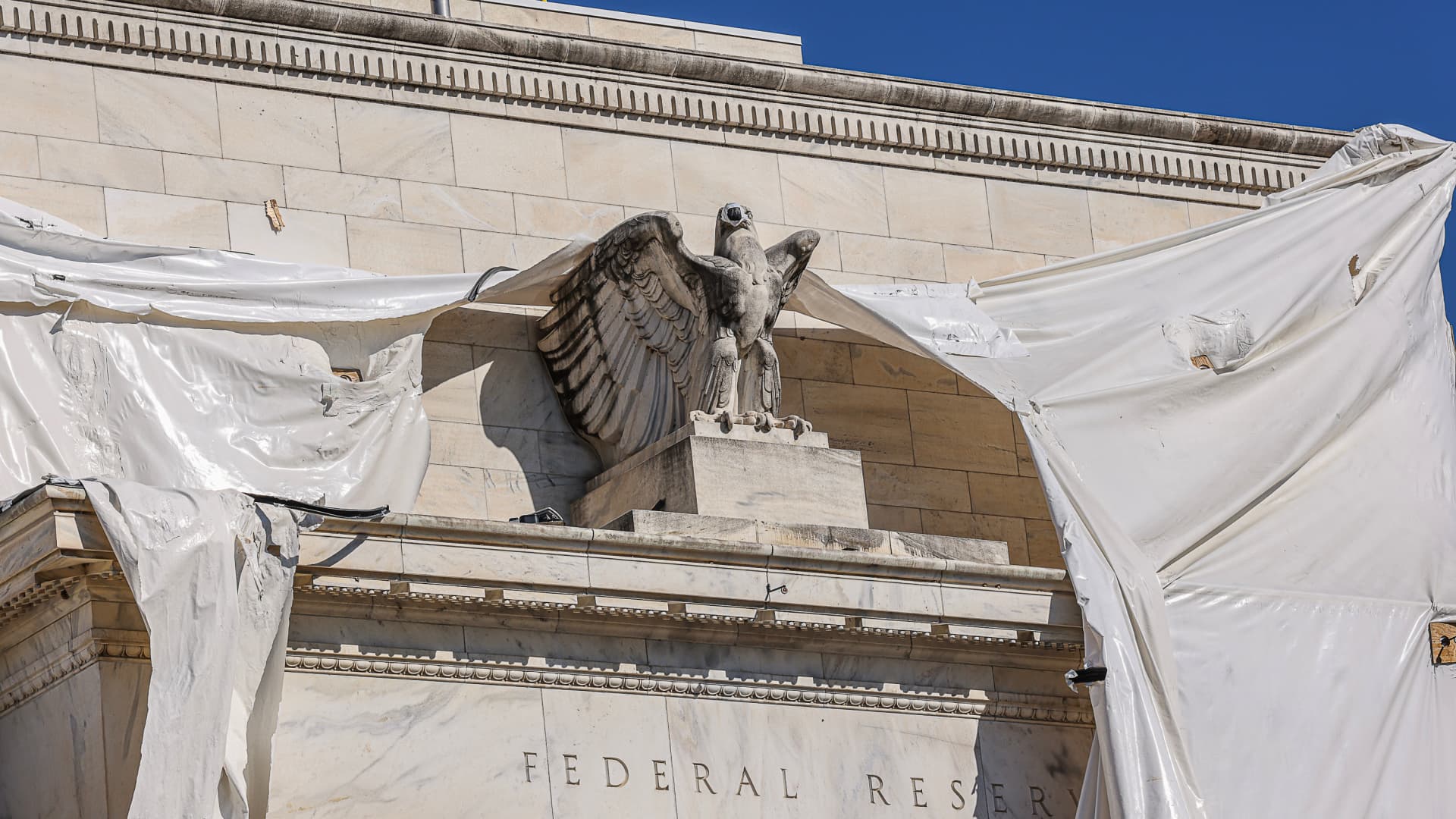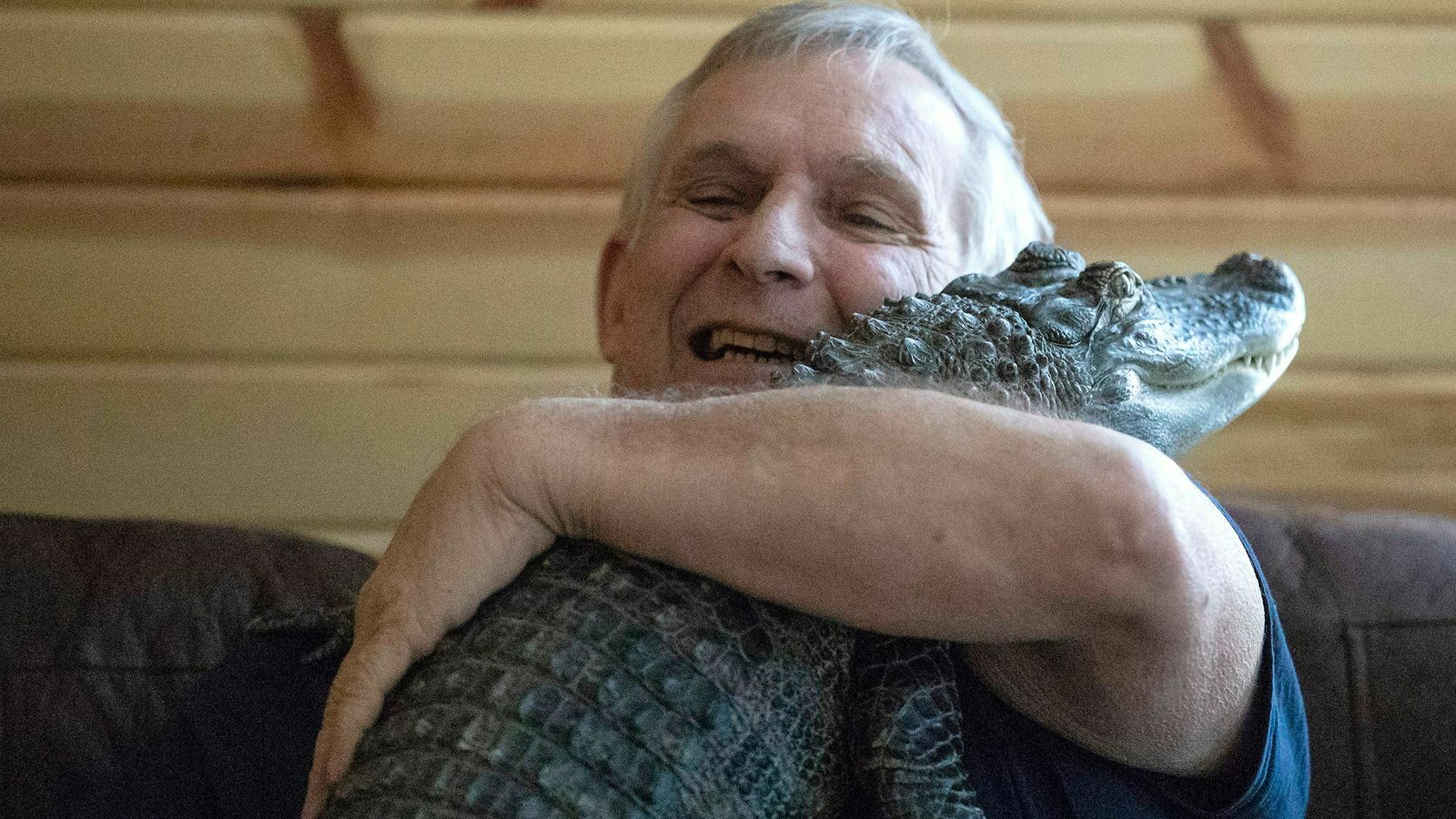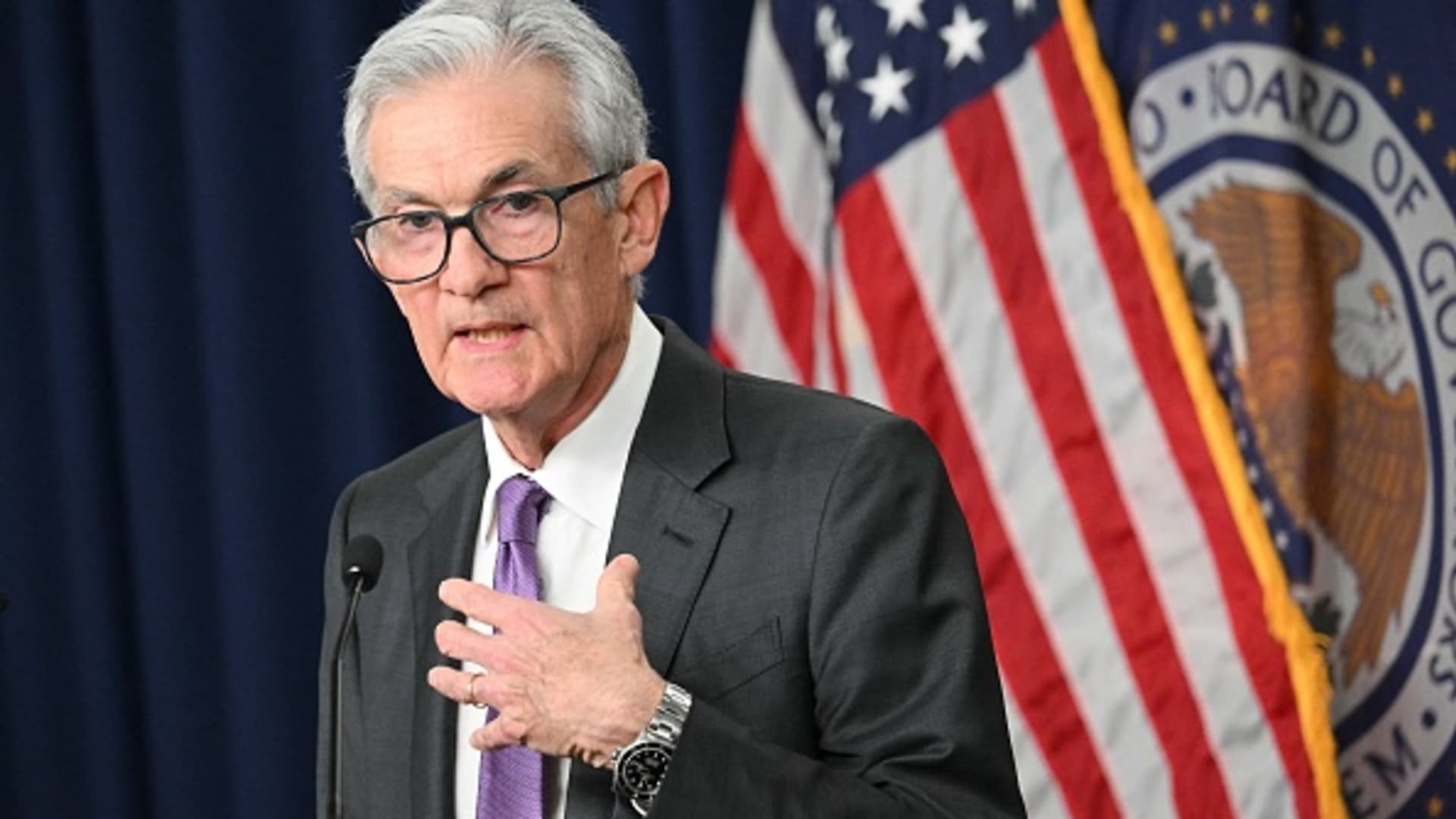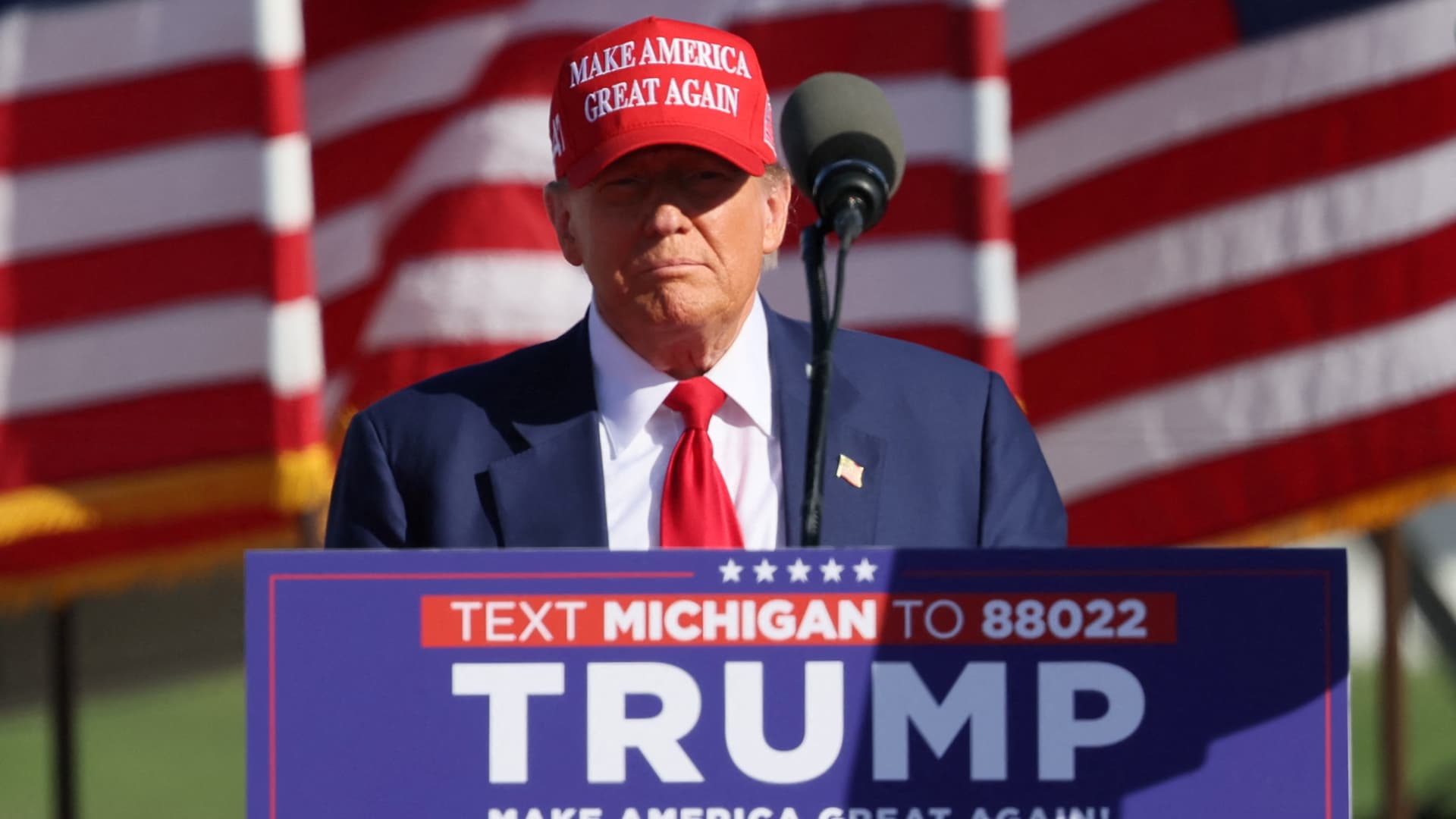The NCAA enacted an interim name, image and likeness policy almost a year ago, which allows athletes — many of whom have big social media followings — to make deals with local car dealerships, and in some instances, with major retail and media brands.
Several states have written their own individual laws to regulate compensation in name, image and likeness, commonly known as NIL. Some states, though, have stayed on the proverbial sidelines. Meanwhile, the NCAA has asked Congress for federal legislation that lays out a framework that encompasses compensation for all college athletics.
“It was either an economics rights issue, a civil rights issue, a racial justice issue and, for some, all of those, that it was just unfair that these student-athletes were generating so much money but unable to be compensated for it,” said Gabe Feldman, a sports law professor at Tulane University.
Watch the video above to find out more about how college athletes have been using NIL deals to earn tens of thousands of dollars, the growing pushback against these policies, and what’s next for college athletes now that they can turn their fame into dollar signs.






